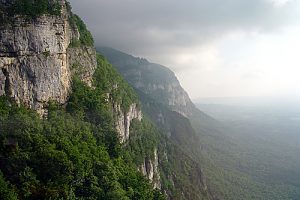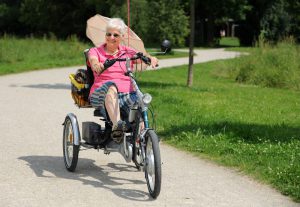Summer in the Geneva countryside can be glorious, but there are dangers dangling under every leaf. And not just for the plants.
For example, there is the revolting tick situation. Ticks of all shapes and sizes find me attractive and alluring. Hats, socks, sprays, elastic bands and duct tape cannot keep them away. Just yesterday a pin-head-sized mountain tick came with me to visit the lowlands. It was a one-way trip.
Successfully removed in an operation requiring husband, flashlight, magnifying glass and tweezers—tricky as he only has two hands—I did a tour of several drug stores this morning seeking medical advice.

My home-base pharmacy where I regularly line up for hours and spend hundreds of francs, told me in no uncertain terms to go away and phone my doctor. This was not successful as the phone was not answered and there was no helpful message. Obviously, she has run away for her summer holidays and is jet-skiing and kite surfing in some tick-free part of the world.
Crawling reluctantly towards of the local emergency health clinic, I thought I’d get a second opinion. Fortunately, here in the Geneva outskirts, drug stores are ubiquitous. They are like 7-Eleven convenience stores in Sweden or Japan. There is one on every corner.
This turned out to be much more satisfactory, and the nice lady told me to do nothing, but keep a close eye on the situation and seek medical help if the bite-site got bigger and/or turned into the famous tick bull’s eye which is a sign of long-lasting complications, multitudinous painful symptoms, and eventual death-by-tick.
Buoyed up no end, I thought I’d chance a third opinion. This was better than ever. The amazingly friendly and intelligent drug store lady put on her spectacles and examined the red blotch. She gave it a poke. She called over a colleague and they had a little conference which included the idea of photographing the site to keep as comparative evidence. She asked if I had the body of the perp (for a post-mortem, one assumes). I was ready for DNA testing myself. She then sold me a nifty product – a roll-on disinfectant and anti-inflammatory especially designed for bug-victims.
Back at home, after a delightful festive tick-free lunch with the cat, my rational mind was formulating plans for an afternoon under a tree with a book when the neighbours’ unsightly bamboo poking through the lawn brought out the inner Wimbledon-Grass-Cutting-Maniac in me.
Now hot, sweaty, and happy, I’m revelling in the knowledge that a well-tended garden should be entirely tick-free.
We’ll see.




